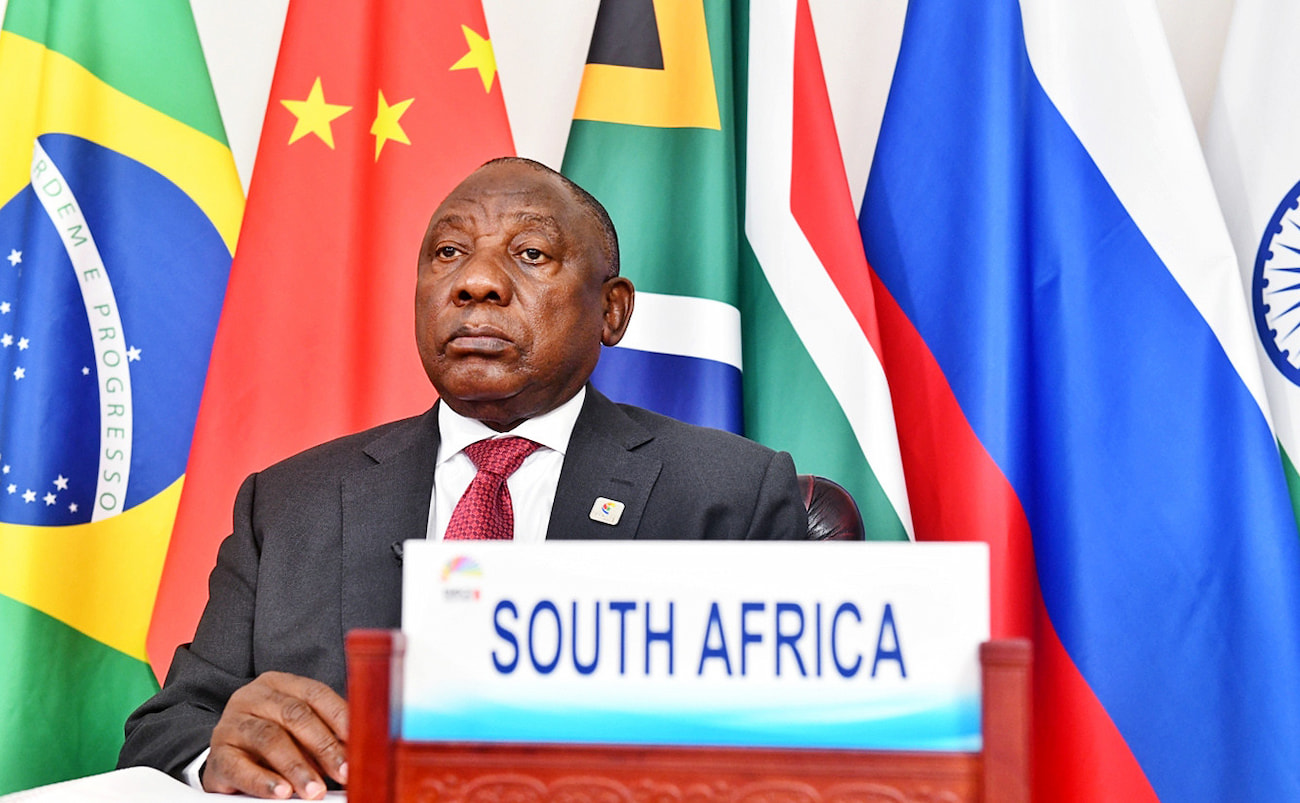
From Ukraine to Israel, South Africans flout law to serve foreign armies
This latest alleged breach of the RFMAA is not isolated to Ukraine; it brings into focus recent instances of South Africans serving in the Israel Defense Forces (IDF).

The South African government says it has received “distress call” from 17 men – 16 from KwaZulu-Natal and one from the Eastern Cape – who have found themselves trapped in the war-torn Donbas region of Ukraine.
According to a statement released by the Presidency on Thursday, the men aged – between 20 and 39 years – were allegedly lured to join “mercenary forces involved in the Ukraine-Russia war under the pretext of lucrative employment contracts”.
President Cyril Ramaphosa has since ordered an investigation into the circumstances surrounding their recruitment and “seemingly mercenary activities”.
“Under the [Regulation of] Foreign Military Assistance Act 15 of 1998 [RFMAA], it is illegal for South African citizens and entities to offer or provide military assistance to foreign governments or participate in armies of foreign governments unless authorised by the South African government,” said the Presidency.
While working to diplomatically to bring the men back to South Africa, President Cyril Ramaphosa has ordered an investigation to ascertain the circumstances surrounded their recruitment, said the Presidency.
Other South Africans serving in foreign armies
This latest alleged breach of the RFMAA is not isolated to the Ukraine conflict; it brings into focus similar recent instances involving South Africans serving in the Israel Defense Forces (IDF).
Since last year, two high-profile cases have emerged that appear to contravene the Act. Among those identified is Sandton resident Aaron Bayhack, 22, who was named as a member of the IDF’s elite sniper unit, the Refaim (Ghost), active in the Gaza genocide.
It was later confirmed that Bayhack did not seek the necessary authorisation, required by the RFMAA, from the National Conventional Arms Control Committee before joining the IDF for the genocide in Gaza. The matter has since been referred to the Hawks for investigation.
Another Cape Town man, Benjamin Rattle, has also faced a criminal complaint lodged by the Palestine Solidarity Campaign (PSC). Rattle posted on social media about serving in the IDF, including being on active duty in the Gaza Strip.
Despite the clear legislation, a military law expert has noted that South Africa has a poor track record for prosecuting citizens involved in foreign military activity.
“We had all these instances in 2009. About 73 names were provided to the National Prosecuting Authority [NPA], of South Africans fighting for the Israel Defense Force and the NPA declined to prosecute,” military law lecturer at Stellenbosch University, Professor Michelle Nel, said.
